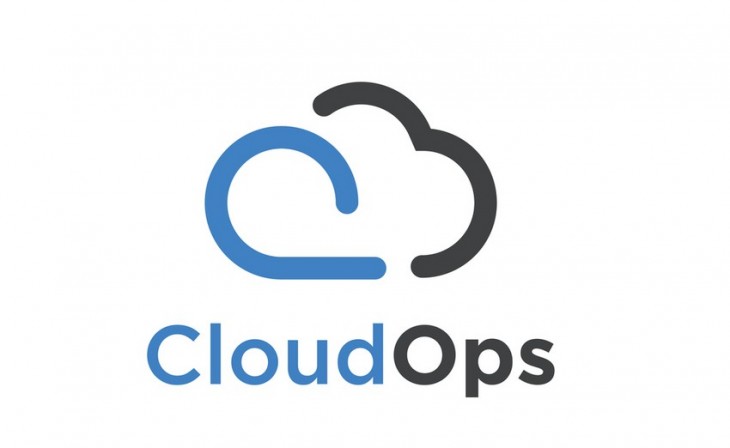What is CloudOps?
AI management
CloudOps provides and manages applications and services that are on the cloud so that they are as efficient as possible. CloudOps functions overlap with ITSM (IT service management) and AI (use of artificial intelligence). The focus of this "cloud" is not on technical metrics but on business strategies. CloudOps, for example, alerts a company when an application does not work well or when there is a drop-in service request. In these cases, the company receives a message that, for example, it has lost 10% of the expected audience or that it has currently lost $ 10,000 in earnings, etc.
CloudOps includes a wide range of features to be able to provide users with this type of information. On the one hand, CloudOps monitors the work of applications, on the other hand, it monitors costs and offers solutions. Sounds like the ideal solution for business, because CloudOps is intended for companies. Supporters of this system point out that CloudOps optimizes performance, capacity, organizes resources, ensures the quality of service and business.
On the other hand, those who do not support CloudOps as a way of working, indicate that there are major personnel changes and challenges. With the implementation of CloudOps, the company no longer needs IT, staff. CloudOps is very dynamic in finding new suppliers, and cooperation with new suppliers requires professional staff in various fields to make the realization cost-effective. In addition to understanding the risks that CloudOps warns about in some cases, there must also be professional staff who can implement protection methods. It is clear that those who oppose CloudOps point to the staffing and organizational problems that CloudOps brings.
CloudOps and similar solutions are probably the future of the business. This system is very similar to the supplier system used by the automotive industry.




